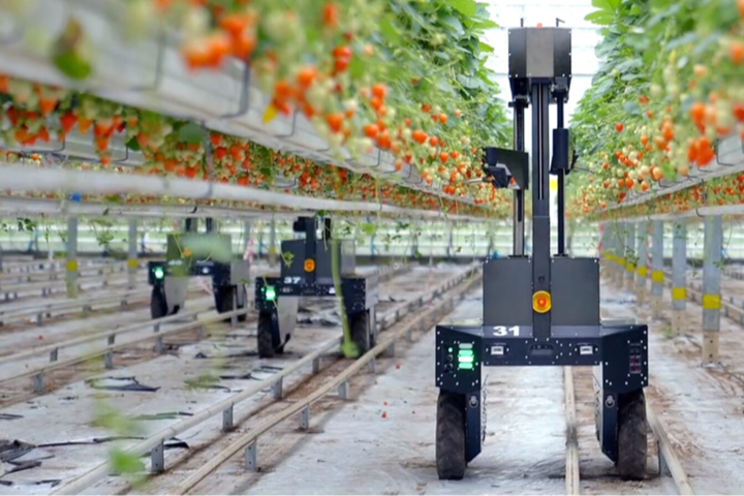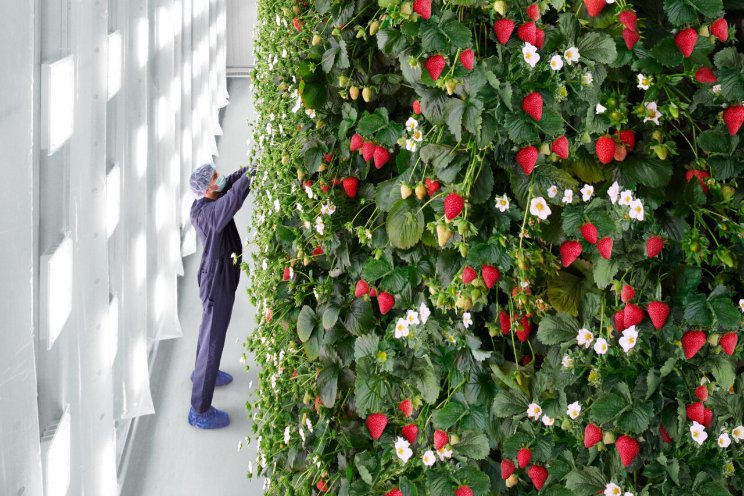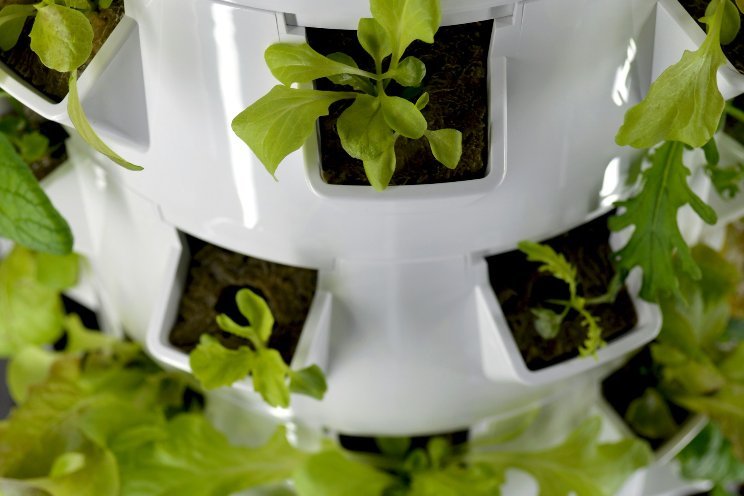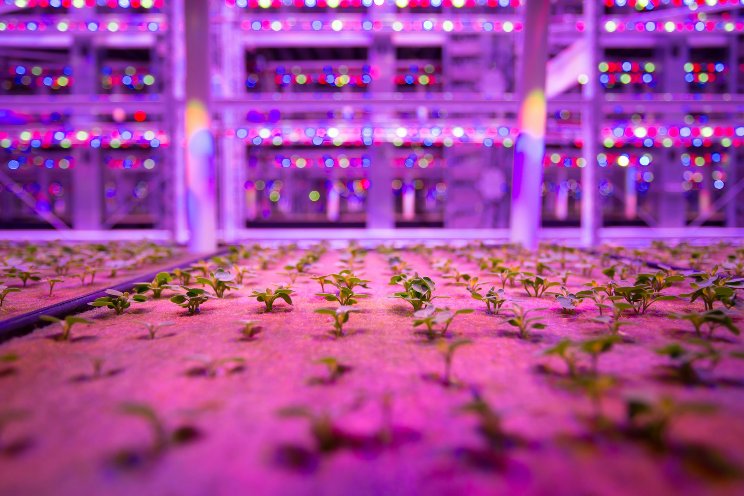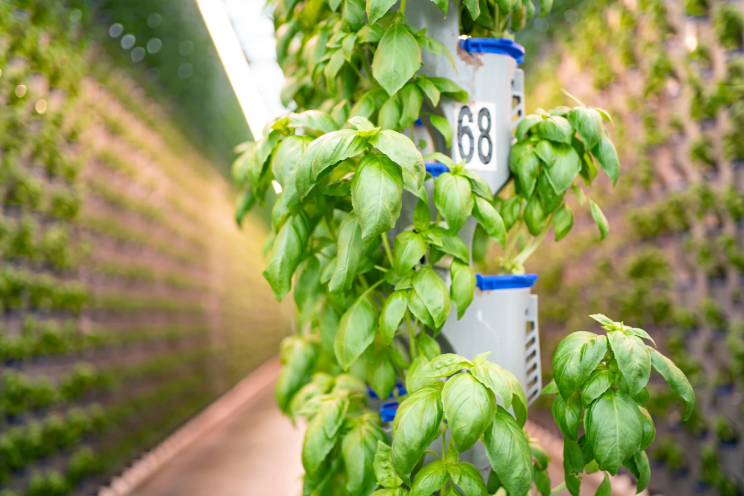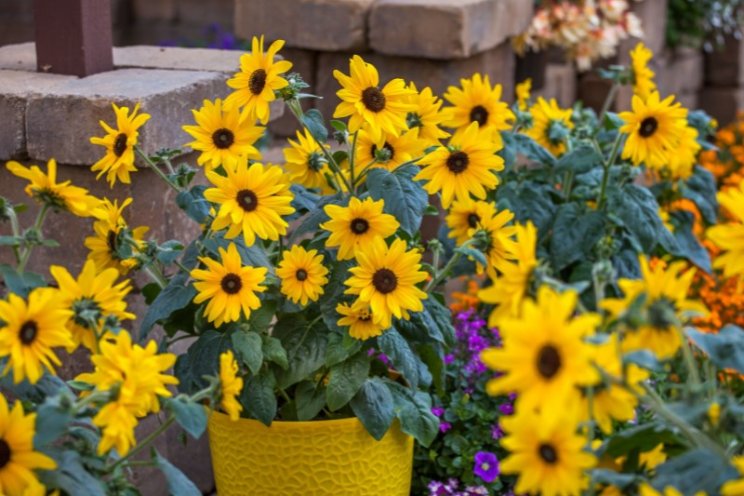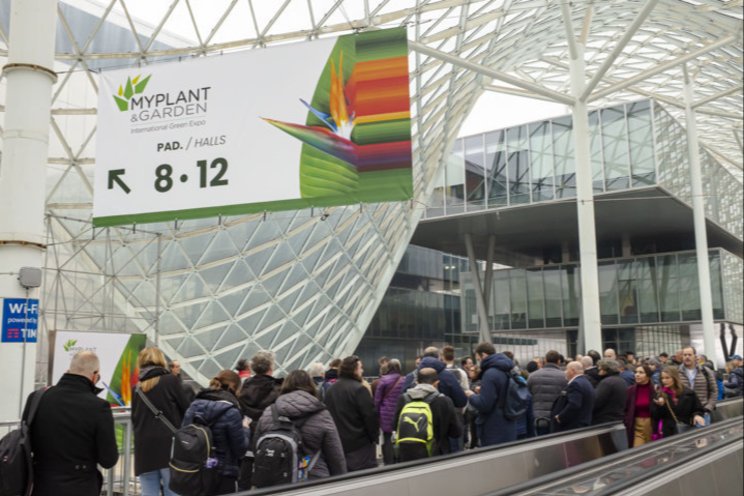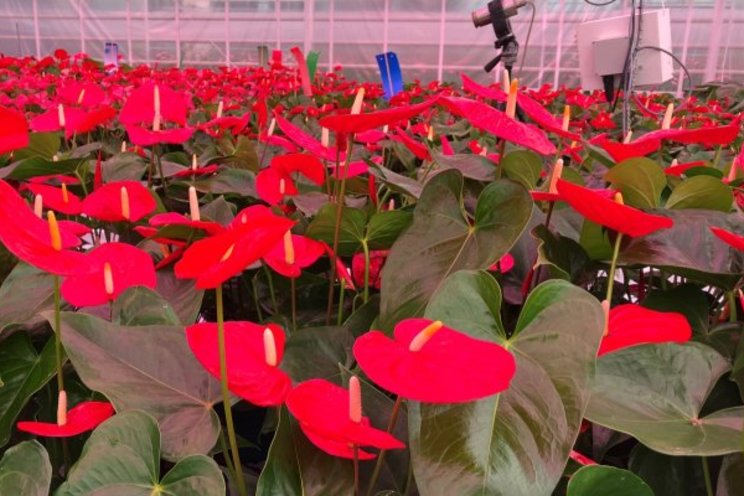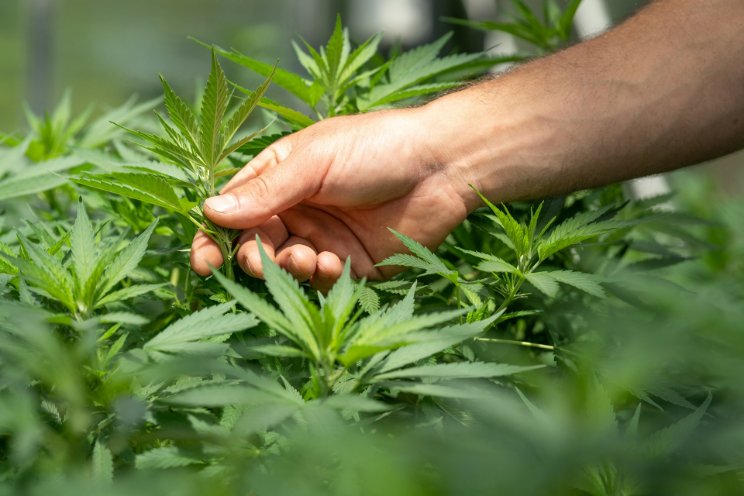How to improve rooting uniformity with rooting hormones
Added on 20 February 2023

In a recent e-GRO alert, W. Garrett Owen, Assistant Professor in Sustainable Greenhouse Nursery Systems at The Ohio State University, notes that many annual and herbaceous perennial bedding plants can successfully be propagated from unrooted shoot-tip cuttings. Growers must maintain a favorable propagation environment and implement cultural practices to promote root initiation and subsequent root growth and development. While many growers may be challenged with achieving an optimal propagation daily light integral of 8 to 12 mol·m–2·s–1 or maintaining desirable air and root-zone temperatures or vapor pressure deficit, most growers can easily implement rooting hormones.
Rooting hormones are considered plant growth regulating chemicals because they stimulate a favorable response in plants – rooting. When applied properly, Owen says rooting hormones can accelerate root initiation, improve rooting uniformity, aid in rooting of moderate to difficult-to-root species, increase the number of roots produced per cutting, and ultimately reduce shrink and propagation time. Of course, when rooting hormones and other cultural practices are combined with optimal environmental conditions, results are high-quality, well rooted cuttings.
Photo: A high-quality rooted herbaceous perennial cutting. Photo Credit: W. Garrett Owen
More news
